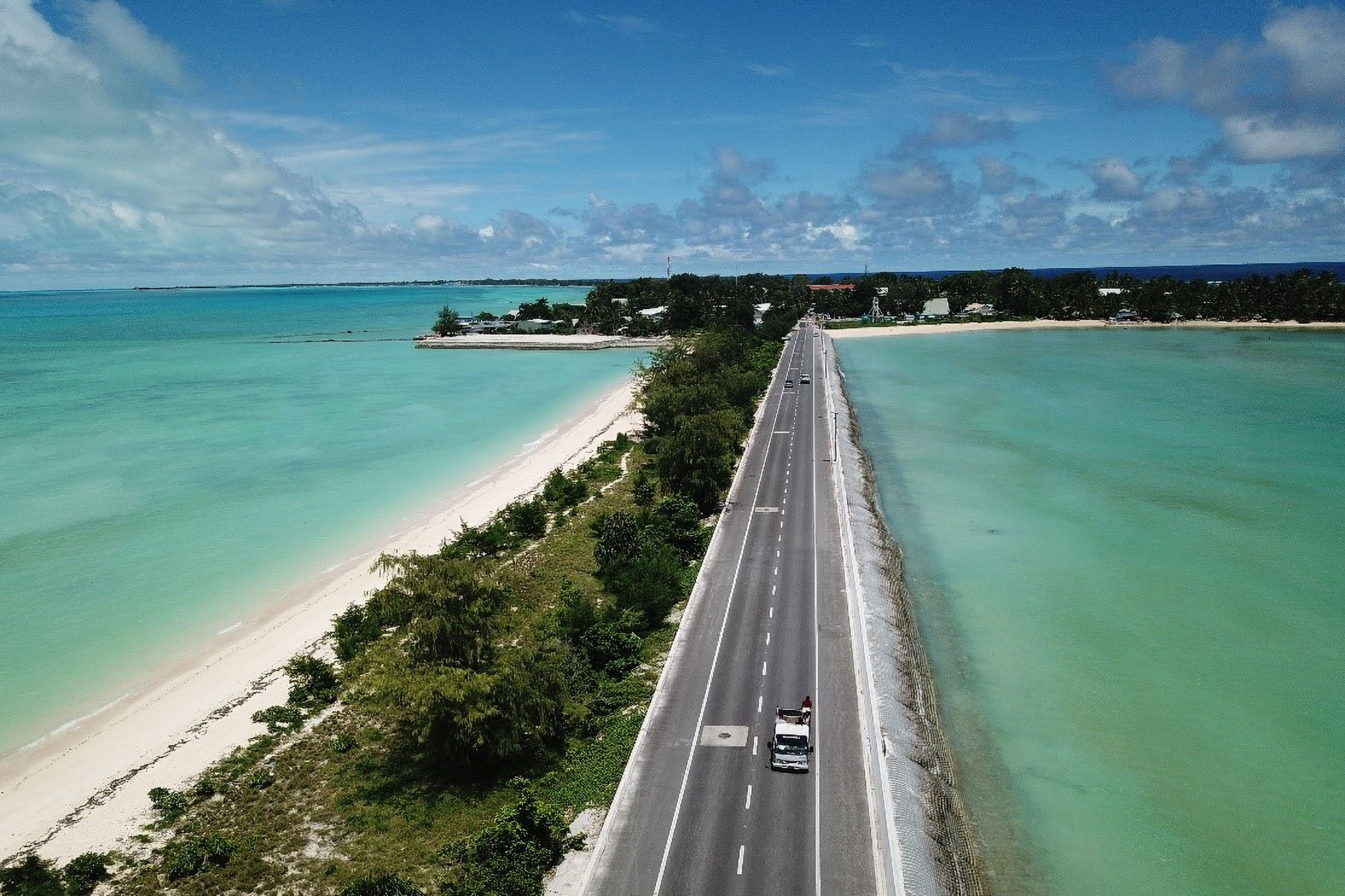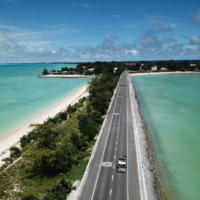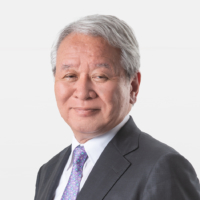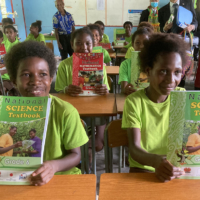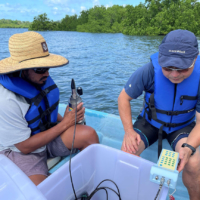Japan has built a strong bond with the 14 Pacific island countries. Geographic proximity and a shared history, tied through Japanese immigrants and their descendants, has nurtured this relationship for over 100 years.
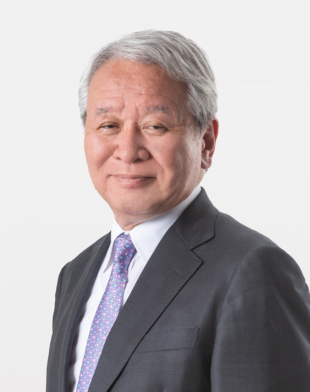
These isles and many surrounding countries, including Japan, benefit from the rich marine resources and safe navigation in the Pacific. Peace and stability in the Pacific are essential for the global economy. The Japan International Cooperation Agency, a long-time partner, has been working with these island nations to address their critical challenges with respect to their values and their ownership.
In 1970, at the U.N. General Assembly, then-Prime Minister Kamisese Mara of Fiji invoked the term “Pacific Way” in describing the region’s rich and traditional cultures, the cohesion and solidarity of its communities and the unity derived from their cooperation. The Pacific Way includes a consistent philosophy to peacefully decide regional matters through respectful, consultative and inclusive discussions.
After five decades, the Pacific Islands Forum, an intergovernmental organization aiming to enhance cooperation in the region, issued the 2050 Strategy for the Blue Pacific Continent, its first long-term development plan for these nations, in 2022. The strategy contains the principles that all development partners should adhere to when working with island nations.
The principles outlined in the 2050 strategy are, however, not new to Japan. Japan has been closely working with Pacific island countries for their nation-building. In 1987, then- Foreign Minister Tadashi Kuranari declared the five principles of Japan’s engagement in the Pacific, which would later be dubbed the “Kuranari Doctrine.”
The first three principles are respect for independence and autonomy; support for existing arrangements for regional cooperation; and assistance in preserving political stability. The remaining two are the provision of assistance that makes the region more prosperous and the promotion of people-to-people exchanges.
Based on these principles, JICA has supported various development initiatives and projects in the region for the improvement of infrastructure, health, education and, more recently, environmental protection and climate change adaptation.
Our consistent principle of emphasizing respect for their ownership and meeting local needs has generated solid development results, in addition to forging kizuna (enduring bonds) between our peoples.
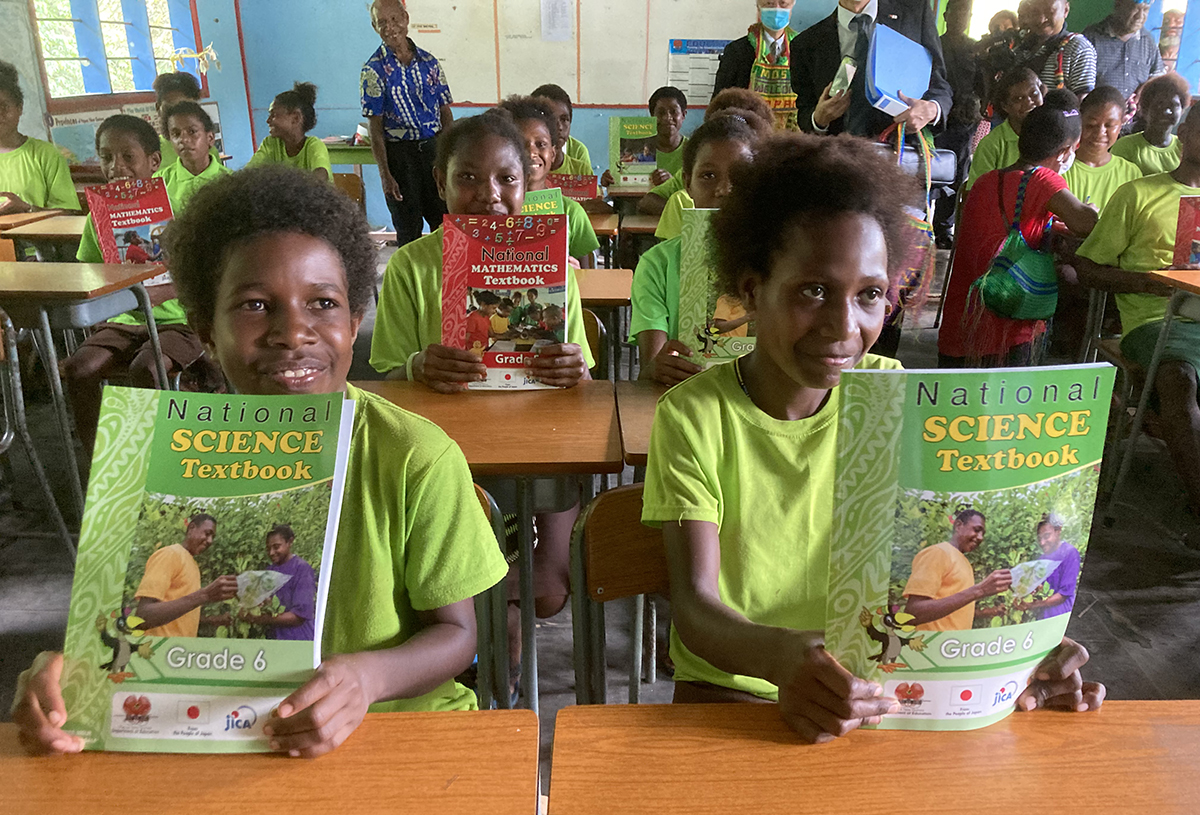
Our cooperation started with the initial dispatch of volunteers to Samoa in 1972. Since then, nearly 5,000 Japanese volunteers have lived and worked in the region. They have shared their knowledge and expertise with people in various fields and, in turn, learned about their deep-seated values. These volunteers have strong and enduring attachments to the communities and countries where they served.
Another example of our people-to-people connections is through JICA’s technical cooperation programs. Japanese experts work together with government officials and improve their ability to respond to their unique challenges, using knowledge and technology accumulated through Japan’s history of development. To adapt to climate change and promote sustainable development, JICA has made significant contributions to improve weather forecasting and early warning in the region and strengthen waste management that reflects the specific conditions of each island.
Furthermore, approximately 12,000 officials from these governments and public organizations have come to Japan to participate in JICA’s knowledge-sharing and training courses, including scholarship programs. We are delighted that graduates of these programs are now playing key roles in their governments and actively contributing to their national development.
Recently, the region has been the focus of much attention due to geopolitical tensions among major powers. However, as stipulated in the 2050 strategy, the definition of security must adapt to encompass a more inclusive approach to various issues, including human, economic, environmental and digital security, as well as resilience to disasters and climate change. This concept is compatible with the guiding principles of Japan’s official development assistance and JICA’s mission of “human security.”
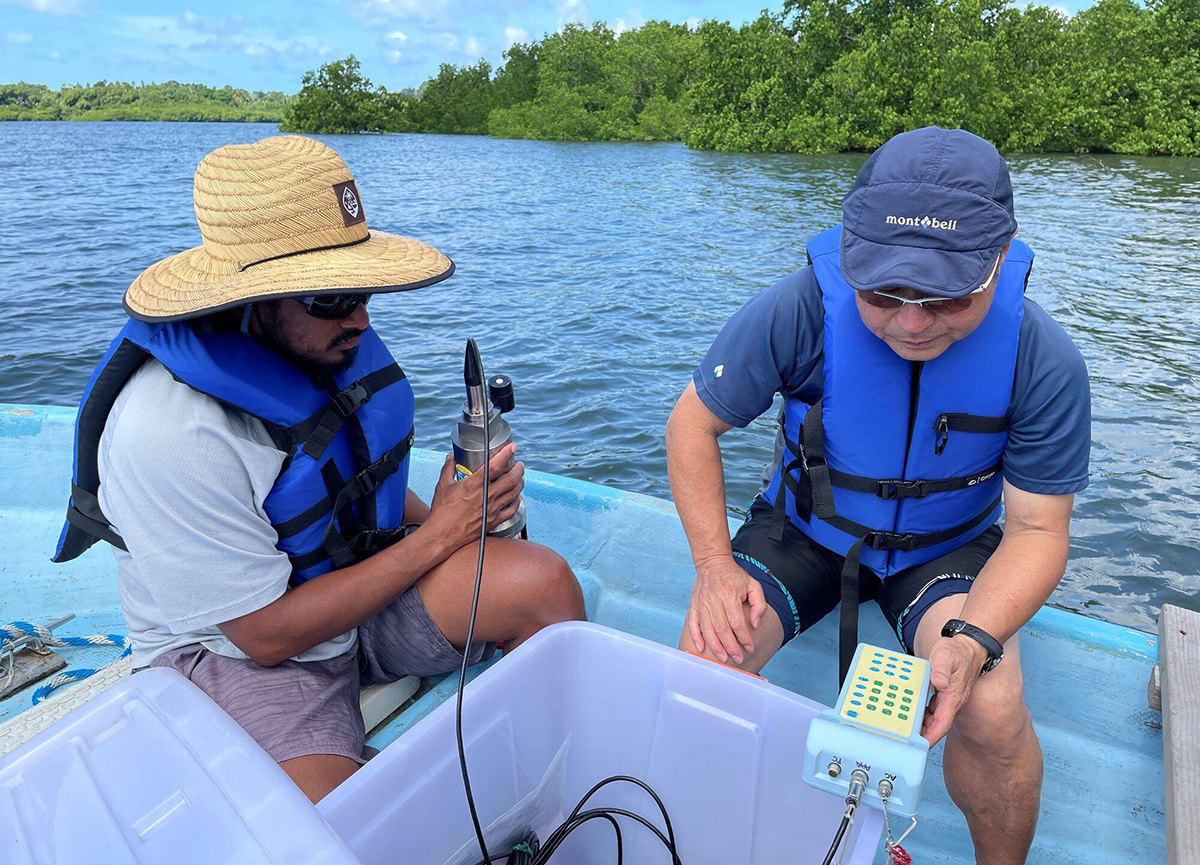
Human security is a state in which people are free from fear and want and can live with dignity. JICA has supported our partner countries to ensure this concept, which is threatened by complex global challenges. Based on such shared concepts of human security, we are committed to working with the Pacific island countries on development issues in the region.
Islanders of the Pacific have historically experienced the vulnerabilities that island life can present. However, we all have also overcome those difficulties courageously by living with the ocean. Based on the challenges we have jointly faced, JICA will fully utilize our knowledge of the Pacific to support the 2050 strategy and further the development of island nations.
Always keeping JICA‘s vision of “Leading the World with Trust” in mind, JICA is, and always will be, a trusted partner of the Pacific islands in working together in the Pacific Way for the betterment of people’s lives, security and natural resources. We look forward to projecting our voices across the world — together with empathy, resonance and the shared pride of all.



